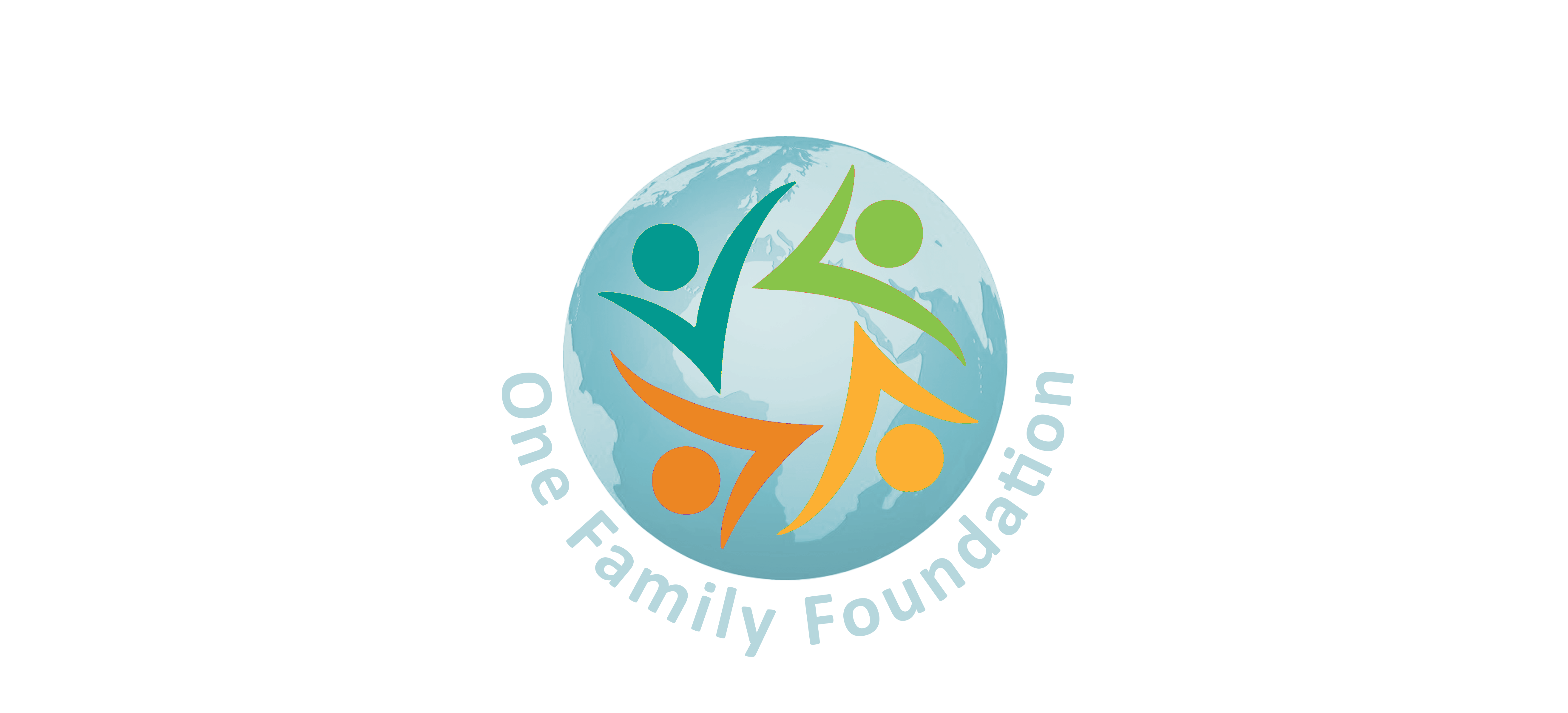A flood in one country can push food prices up halfway across the world. An economic shock in one market can send ripples through millions of households elsewhere. Even misinformation spreads faster than borders can contain.
But most governance systems are still designed as if every country can manage these issues alone. The truth is, no one can. Governments are being asked to tackle challenges that are bigger than any single nation.
That is why at GCSI, our strategy puts cross-border collaboration at the center. It sounds technical, but at its heart it is simple: we need to help governments help each other. And that requires three things: shared scaffolding, peer support and real tools. Let me break those down.
Shared scaffolding is like the frame around a building under construction. It does not replace the building, but it gives everyone the support they need to climb higher. For governments, this might mean shared platforms for climate data or digital infrastructure that many countries can use and adapt. It is not about copying one model everywhere. It is about giving countries steady support that helps them grow in their own way.
Peer support is exactly what it sounds like. Leaders learning from leaders. Just like teachers share lesson plans or doctors exchange treatments, governments need spaces to compare notes. A solution tested in one place can spark ideas somewhere else. No one should feel like they are inventing answers from scratch when the same problem has already been solved across the border.
And finally, real tools for real contexts. Too often, global conversations end up with glossy reports that do not match the realities people face. Real tools are practical. They could be templates, training materials or case studies that a local government can actually pick up and use. If it does not work in a village meeting hall or a busy city council chamber, it is not useful enough.
This way of thinking comes from our roots. The One Family Foundation began as a simple idea: parents wanting a better world for their children. Over time, that vision grew into Catalyst 2030 and later GCSI. Each step has been about widening the circle, connecting local action to global systems. The thread running through it all is this: none of us can do this work alone.
Cross-border collaboration is not just nice to have anymore. It is the infrastructure we need for resilience. If we can build scaffolding that supports everyone, share knowledge like true peers and ground our tools in real life, we will give governments the chance to succeed where it matters most: in building trust and better outcomes for people.
You can read the full GCSI strategy here: governmentcouncil.org
#GlobalLearning #GCSI #PolicyInnovation #SystemsChange






